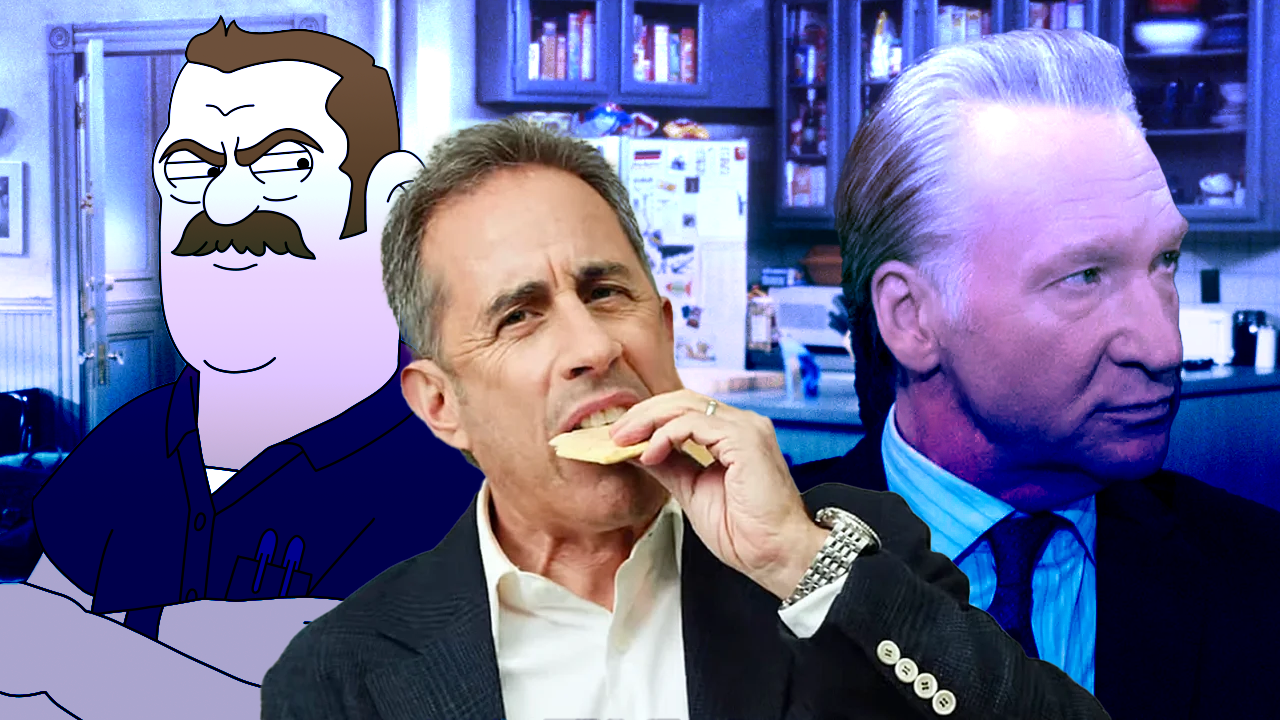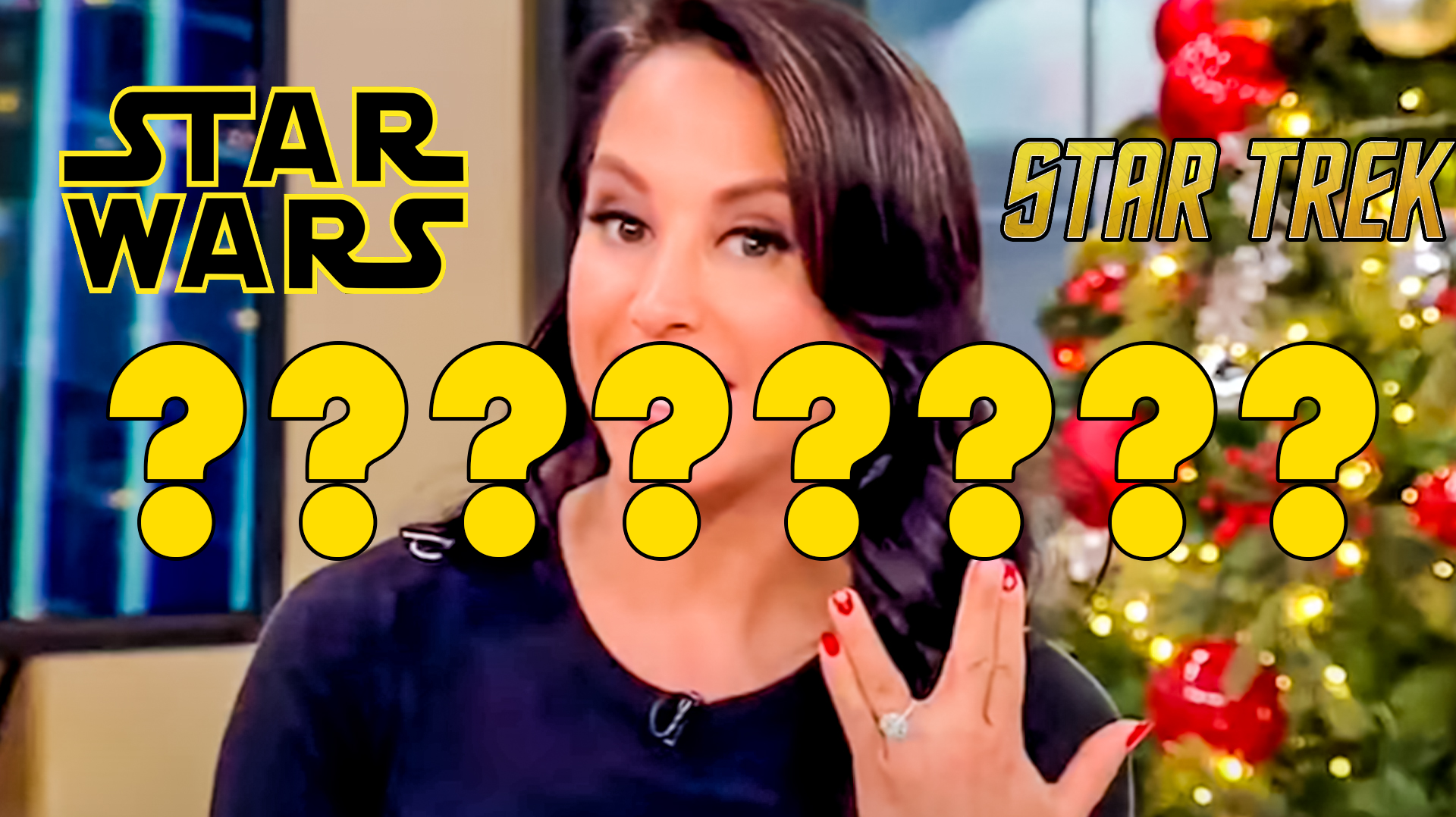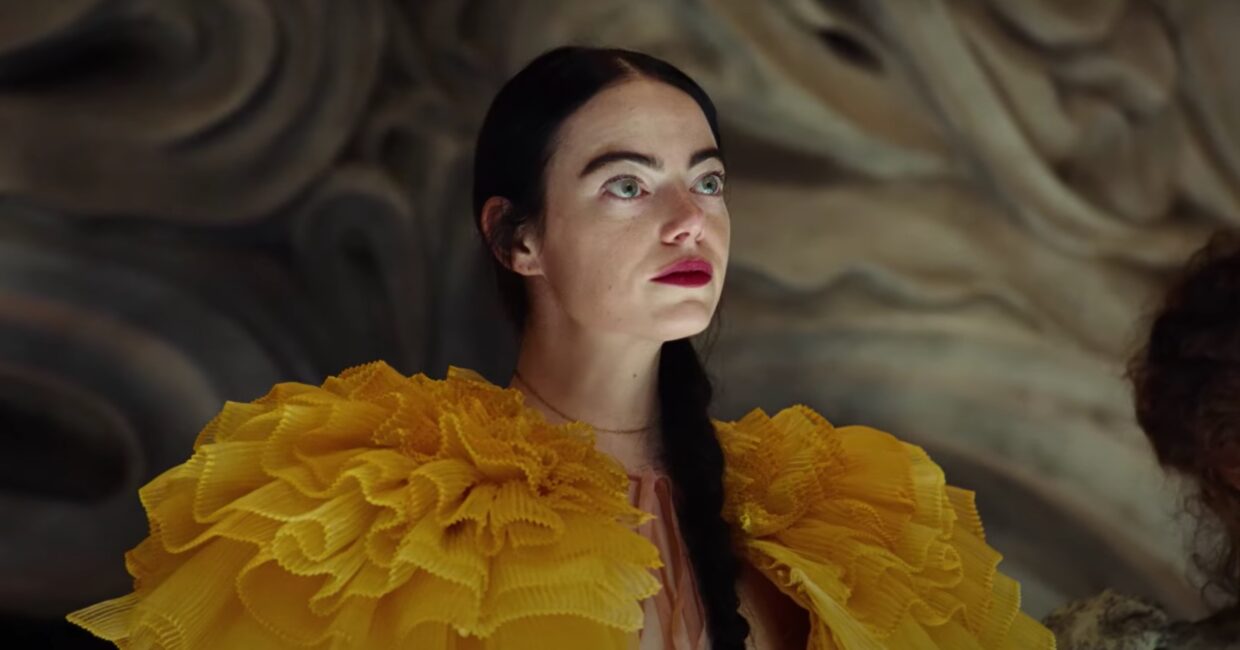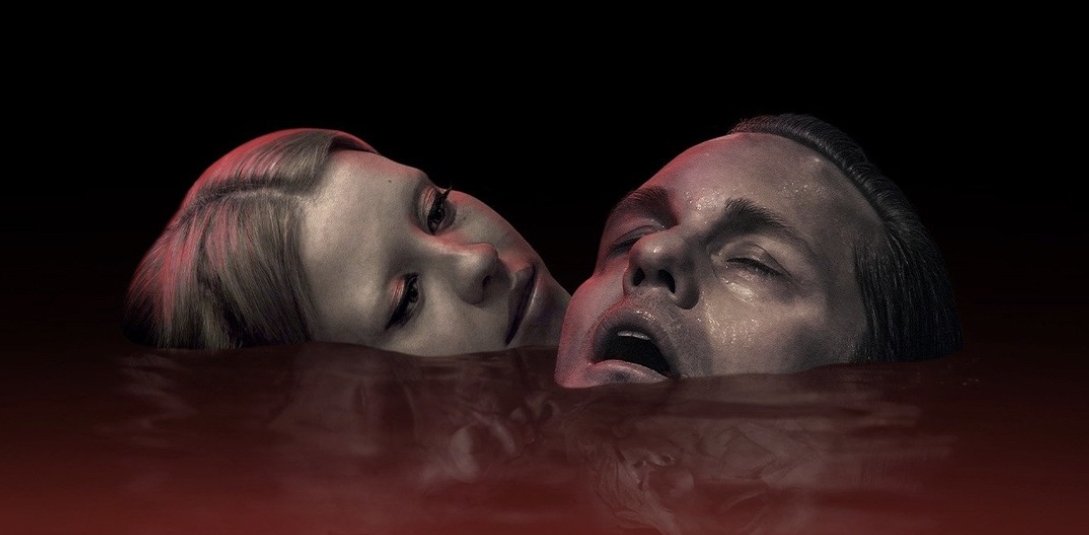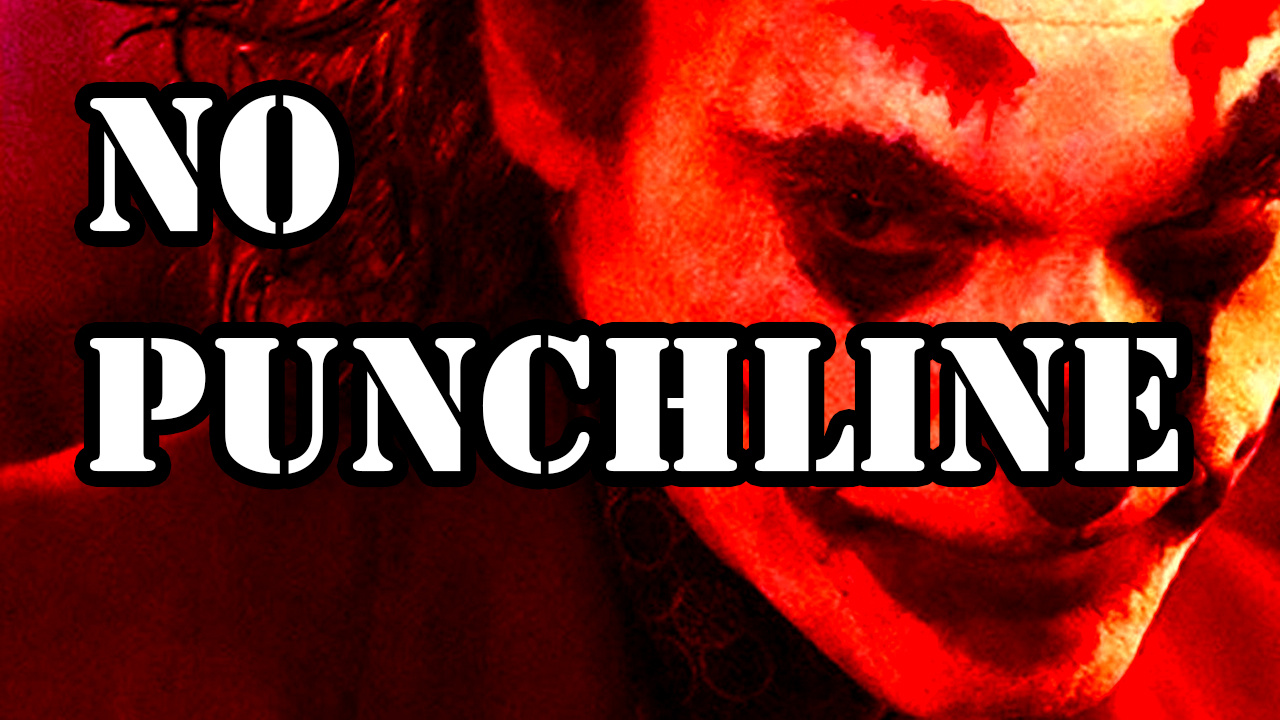
The 2019 film Joker may appear like the most artful picture amid the tsunami of samey superhero films. It is by far the most divergent. There’s no hero that comes to save the day. The central villain is not made out to be an anti-hero. The tone is relentlessly bleak, dark and cruel. No fantastical elements. No villain scheme of taking over a city or planet. It is the tale of one man losing his mind in a grimy city and never recovers from the darkness.
From a surface level, Joker has a lot of style. The setting is dirty and dreary within nearly every scene. Joaquin Phoenix delivers an amazingly nuanced performance as he usually does for such a demanding role as this villain usually brings out the strangeness of actors. Robert De Niro is great as well for how little screen time he has. They have a handful of scenes that are strong showcases of their talent.
When I say I dislike Joker, some may jump to wild conclusions that the negativity towards such a film was spun by the incel championing rumors, the woke culture ramblings of the director, the excessive violence being too gritty or the good old conspiracy theory of me being a Marvel shill giving all DC movies a bad wrap. No, my dislike with Joker stems from something far more troubling within the film’s greater context of how it addresses weighty subjects. Past this surface-level appeal, when digging down into the very core of the picture, there’s an emptiness and hideous contortion of philosophical and societal issues housed within a very thin script. And it’s not pretty, even from the perspective of a movie about a downfall.
The idea for a Joker film was born mostly from a desire to subvert the successful format of the more profitable comic book movies, some within DC but mostly the Marvel Cinematic Universe.
Joaquin Phoenix had expressed interest as early 2014 that he wanted to take on a character study project with a DC Comics character akin to the Joker. He did not, however, want to play the Joker as he felt that the character had been exhausted and had nothing new or interesting to offer. Director Todd Phillips did not want to make a comic book movie. He thought they were loud and uninteresting. But, after finishing his 2016 film War Dogs, he said this:
“War Dogs wasn’t going to set the world on fire and I was thinking, ‘What do people really want to see?’” So Phillips essentially said fine, I’ll do a comic book movie. And after Wonder Woman proved to be a success and the distancing from a shared universe seemed to be the right call for DC, it was the perfect time for Phillips to pitch a more grounded and different comic book movie about the Joker.
With Phillips in control, the only man he wanted for the starring role was Phoenix. And considering the new route, Phillips was granted with taking the Joker, Phoenix finally became interested in playing such a role, though he was still a bit hesitant and voiced his concerns.
“Oftentimes, in these movies, we have these simplified, reductive archetypes, and that allows for the audience to be distant from the character, just like we would do in real life, where it’s easy to label somebody as evil, and therefore say, ‘Well, I’m not that.’”
Writing the script was not easy as it took about a year to finish. Co-writing the script with Scott Silver was Phillips himself and he faced many problems with Warner Bros while developing such a story. As Phillips explained:
“It was a yearlong process from when we finished the script just to get the new people on board with this vision because I pitched it to an entirely different team. There were emails about: ‘You realize we sell Joker pajamas at Target.’ There were a zillion hurdles, and you just sort of had to navigate those one at a time. At the time, I would curse them in my head every day. But then I have to put it in perspective and go, ‘They’re pretty bold that they did this.’”
His depiction of the Joker would not be the traditional origin but more of an amalgam of various versions. It’s likely that a big inspiration on the premise came from Alan Moore and Brian Bolland’s graphic novel Batman: The Killing Joke. There were also no plans for a sequel or a shared universe, another caveat that further attracted to Phoenix to the role.
Once production started, Phoenix threw himself into this role, getting so into the character he would lose his composure and storm off the set. He lost so much weight for the role that reshoots would be nearly impossible and this problem caused Phillips to rewrite nearly the entire script while in production. So a lot of that year-long work would end up being rewritten even more. It’s not hard to see either considering how this film seems to focus more on specific scenes of great acting than a grander sense of saying anything all that new or interesting about the Joker.
I’m all for diverging from source material to weave something new and Joker at least tries to be more of its own thing. Rather than following the criminal Jack Napier who ends up as the Joker, we instead follow Arthur, a mentally disturbed man who ends up as the Joker.
Arthur is a hired clown performer in 1980s Gotham. He is despised by hooligans beat him up for no reason. His boss hates him for losing a store’s sign during the scuffle. He has a mental condition that causes him to laugh uncontrollably. His medication isn’t helping him. His mental health worker isn’t helping him. His only comfort is his aged mother living in his apartment and his fantasies of some day making it as a stand-up comedian, perhaps performing on the Murray Franklin show.
Life sucks for Arthur until he murders three rich jerks on the subway harassing him. This action brings the contention of class warfare to a boiling point and people are furious in the war of the rich versus poor. As more of Arthur’s life starts to crumble, so does his empathy. By the third act, he throws on the Joker attire and assumes the role everyone more or less knows, of a man so bittered by Gotham he laughs at its futility with senseless carnage. He kills Franklin after delivering a bitter rant on his show, causes chaos in the streets, and ends up in a mental institution.
The film darts between several topics but never fully addresses one. For the moment, let’s focus on his love interest. Zazie Beetz plays a single-mom in Arthur’s apartment complex. She smiles at him one day in the elevator and it makes Arthur happy. Later, she knocks on his door and talks to him in a very simple conversation. After killing the three jerks, Arthur comes over to her place and quickly makes out with her. She’ll later come to his comedy show where he seems to do well. She will also be there for Arthur when his mother is in the hospital. She’s the beacon of hope in his life. Except she’s not. Revealed in their last seen together, their relationship was all in the head of Arthur.
A cunning twist, sure, but what does this say about Arthur? Throughout the picture, Arthur seems to only have interactions with three different women; his neighbor, his mother, and his counselor. The counselor tries to help but Arthur is beyond her level of care. His mother is hopeful but also a liar, as it’s later revealed just how terrible a mother she was. After all this, Zazie Beetz is portrayed as the last pillar of Arthur’s outlet of love in the world. And it’s fake.
But this fantasy didn’t just come from nowhere. Arthur clearly has a vision of what he imagines the perfect relationship to be with a woman he barely knows. We can see his limited view of women in brief scraps of cut-out porno in his joke book. His ideal is nearly forced on a woman he bearly knows after he forces his way into her apartment. This is a level of egotism for how he believes the world should be. Thus, what seems like its the last branch of sympathy snapping Arthur into Joker mode comes off more like a brooding sense of entitlement, feeling that the world should owe him happiness, with or without consent.
I’ve seen the film described as a cautionary tale, a warning of what happens when society pushes one man too far. It’s a dark world and the Joker let himself go off the deep end into madness.
Except…
At the beginning of the film, Gotham is a trashy city. By the end of the film, Gotham is still a trashy city with a few more protests and murders. At the beginning of the film, Arthur is a tortured mess. By the end of the film, he has embraced the insanity and seems content with his madness. This is made evident with his comfort in not explaining himself, his progressive dancing now more in public and the chipper juxtaposed soundtrack. Arthur has changed but in his eyes, it’s not for the worse. By embracing the scummy nature of shunning empathy, he finally fits in as a value to the city in terms of stirring chaos.
And there’s another problem. So much of what drives Arthur to this point are from forces beyond his control. This is where the film divulges heavily from the big comparison to Taxi Driver, where Travis Bickle slips off the deep end into a grim ending. Bickle’s tale is cautionary because the many actions that lead to his descent are of his own choosing. He chooses to take a date to a porno theater and chooses to gun down a pimp.
Arthur has little control. He didn’t go looking for the yuppies on the subway to attack, they came to him. He didn’t find a gun to murder them, the gun was given to him as a gift. He didn’t lose his job because he went off the deep end, he lost it from a combination of hooligans hurting him and packing too much protection while in a children’s hospital. He didn’t run out of meds because he forgot to fulfill a prescription, he was cut off. And he certainly couldn’t do anything about the twisted mother that raised him and lied to him.
Sure, Arthur kills people and that’s wrong, but if he didn’t, in his rapidly decaying state, he’d probably just go homeless and die in the gutter, if he didn’t already kill himself as suicide is alluded to several times. To Arthur, he believes he has lit a brilliant spark where his talents are revered rather than mocked, as narcissistically violent as those talents may be.
This road leads to the familiar bad take about the villain being right. People who don’t bother to look very deep into superhero films usually come away with this sort of impression.
Let’s use Avengers: Infinity War as an example. A meme I’ve seen circulated essentially says childhood is idolizing the Avengers and adulthood is realizing Thanos was right. Well, that’s deeply cynical but also wrong. This is an oversight.
One major nitpick that people have with Avengers: Infinity War is that if Thanos has the power of the universe at his disposal, why does he choose to wipe out half the universe instead of creating infinite resources. Some will mark this down as lazy screenwriting but it’s actually rather strong screenwriting if you think about it. Thanos doesn’t wipe out half the universe because it’s the most logical thing to do with such power. He does it because he has grown bitter and distasteful of the universe that he’d rather burn it all down than rebuild it. This is why he’s the villain; his solution is cruel and draining not just for the heroes but Thanos himself.
But the Joker’s contentment with evil by the end of the picture, with nothing to counter, ultimately sends the message that Gotham’s corruption is too messy and chaotic for one man to handle. It seems hopeless and pointless. So why bother fixing it at all? What hope is there for the future? Why not just burn it all down and kill those you deem a symptom of society’s woes?
So if this isn’t a cautionary tale for the Joker since so little is within his control, who should be cautious? Well, the most likely candidate would be Thomas Wayne. He had a chance to address Arthur and help him out but refused and kicked a mentally disturbed man to the curb. The lack of empathy led to Arthur’s lack of empathy, thus bringing out the violent protests. All of this could’ve been avoided had Thomas Wayne just listened and took care of the poverty problems within his city.
Except…
Thomas never has a chance to do so because he is gunned down by a protestor, thus fulfilling the Batman lore. Yet the system does not crumble or change because Thomas Wayne has been brutally removed from the picture. Arthur is still imprisoned and the corrupt system will continue if we’re to believe the rest of the story will play out akin to the development of Batman and Gotham. Perhaps if Thomas Wayne hadn’t been killed and thus his campaign was ruined by the bombshell of his relation to Arthur, a greater lesson would be learned. But since Thomas is killed, nothing is really learned here. Thomas will just be replaced with another political elite who, after seeing these protests, will be convinced to go tougher on protesters and the lower class. Because they’re now seen as more violent and unhinged, murdering more of the elite, thus continuing the class structure that has crippled the city.
But then there’s the more loose theory of Arthur’s distorted perception. Maybe Thomas Wayne really wasn’t murdered. Maybe Arthur didn’t go on the talk show and commit an act of murder. Maybe the riots never happened. Maybe all of it was just in Arthur’s head.
Okay, there are some major problems with this theory.
It’s already established from the two confirmed fantasies of Arthur that his escapism visions are that of joy and empathy, not murder and violence. Sure, one could argue based on Arthur’s chaotic notebook of dark jokes that his fantasies could shift in this direction but there’s not much grounding this argument by the end of the film. There’s not a whole lot of clues and the most lucid scene to suggest this staging is a brief shot of Arthur banging his head against a door. This theory of not trusting the eyes in every scene is more of a maybe theory considering there’s no cohesive theme to suggest what his imagination is trying to say, if anything.
But let’s entertain this notion and suppose that perhaps the entire third act of Arthur transforming into Joker and bringing rebellion to Gotham is all in his head.
How does this make the film better?
Some would suggest this unreliable format offers up a clever questioning of what we’re watching but considering how none of it is grounded with a firm reality by the end of the picture, what stakes are there? Why should we care about whether or not Arthur shoots Franklin or even himself if this is all in his head? Why should we be intrigued by the protests in the streets with clown masks if they’re not real? Why should we care how much darker Arthur’s world can get if this is all an imaginary act?
Look, there’s nothing inherently wrong with a film where there’s a twist to the perception of the central plot being imaginary. We’ve seen it in many great films from The Wizard of Oz to Fight Club. But those films are not merely revered because the central character was delusional; the twist in Fight Club of finding out the narrator not having an identity or a friend may be surprising but it doesn’t come out of left field. There are numerous clues throughout and, more importantly, a grounding to see where Tyler’s imagination ends and reality begins. The Wizard of Oz is almost entirely within fantasy but it still brings everything together with reality returning and familiar figures filling in the gaps of why Dorothy met the people she did in Oz.
Joker’s ending fills us in on little to suggest a more frequent fantasy. Maybe some of it was a dream. We don’t know for sure, right? We see the entire film through Joker’s eyes and his mind is an erratic mess of lies and fantasies. We’re given no firm answers about what may or may not be real in Arthur’s darker moments, merely a cobbling of loose theories built on sloppy editing and a thin script.
Another argument I’ve heard for the Joker movie is that it better explains Joker’s philosophy for why he became the madman that he is. But Joker’s philosophy has already been known and made crystal clear in 2008’s The Dark Knight. In that film, the Joker’s line of “I believe whatever doesn’t kill you makes you stranger” says it all. He’s a nihilist in that he doesn’t believe in anything and rather than try to find some solution to the problems of justice in Gotham, he merely laughs at the notion that justice should exist at all. Going even further, he also believes that nothing has value, including human life.
Of course, this then raises a contradictory world view of personal value. If Joker believes people’s lives have no value, why should he exist? Even his contemplation of his own death within Joker suggests there should be some value in his demise, a shocker for the world. If he really believed the world was a hopeless and dark place within the mindset of nihilism, he would not hope his death meant something or plan it out for his first and only talk show appearance. He would just kill himself in any way without thinking about it because what’s the point of assigning any value to anything. Of course, if he kills himself, then he wouldn’t be able to become the Joker and go onto fight Batman.
This is why the Joker is a villain. When he is asked whether or not he is making a political statement with his joker attire, he responds he’s not political and doesn’t believe in anything. He’s wrong, both in how denying politics is not a political statement and that his nihilistic views are his core beliefs. This is probably Joker’s greatest delusion in believing that he has found his calling in believing in nothing when it is a broken philosophy that is regressive and hypocritical.
But, again, this is all stuff we already know about Joker and merely showcasing it through an unreliable narrator lens doesn’t exactly make him any more sympathetic than he was before. But if all of this seems like too much to counter the Joker’s dark worldview, let’s simplify it. The Joker kills people and that is morally wrong. Yes, I know that statement leaves a lot dangling but there’s also a lot less to unpack than the idiotic meme of the Joker being right.
And I know how obvious that statement may sound but I couldn’t have been the only person who went to a showing where at least one audience member cheered for the Joker murdering a man in his apartment. The excited audience member had on a Joker shirt, threw up his hands and cheered for Arthur to plunge scissors into a man’s neck. Does he know the Joker is the villain? Does he know we’re not rooting for him to bring more violence to Gotham? There’s no hero in this picture so I guess he has to root for someone. Somehow I doubt he was cheering Joker on for challenging how class warfare and lack of mental healthcare reap value from the individual and lead to a visceral sense of survival.
Aside from Joker being the most popular Batman villain, I found the very choice of the origins of the Joker confounding. Of all the notable rogues in Batman’s gallery, Joker is perhaps the least sympathetic. It’s easier to feel for the likes of Harvey Dent, dismayed by injustice and unable to handle his rage that he reverts to a random method of justice that he believes to be fairer than the current system. It’s easier to feel for Mr. Freeze, a man bound by revenge on a corrupt corporation and desperation to save his dying wife. Compared to these other villains, Joker is more an abstract of nihilism that remains even in a film where he has pathos.
When I say I didn’t like Joker, and for that matter anytime someone witnesses a divergence from audience scores on Rotten Tomatoes, many assumptions are jumped to and usually without reading anything. That I must be a Marvel fan who hates on DC (I’m a huge Green Lantern guy but that’s not the point). That I must be a sensitive critic who can’t stand a dark superhero film with lots of violence. That I must be detached from the appeal of general audiences. That I was paid off by Disney. Of course, these are all short and ill-thought excuses for being defensive of a property and disinterested with discussing a film past a love-it-or-hate-it consensus.
No, my reasons for not liking the popular comic book movie where a clown murders people have been laid out in this writing. I know this dissection doesn’t make for the quickest response in conversation. For this reason, I’ve chosen to identify the film in short conversations as sloppy, a towering mess of mixed messages and lost potential. One could argue that I’m looking too deep in the film and I could certainly argue the opposite, that one is not looking deep enough. Sorry but I just can’t go into a film that brings up class struggle, mental health, sins of the father and nihilism and not think about what this film is trying to say in its muddled method, past Phoenix deserving an Oscar.
If you like this film, relax, I get it. Phoenix’s performance is exceptionally strong, as is that of Robert De Niro. The tone is kept dark throughout and this divergence is perhaps most refreshing in a comic book movie landscape that favors light and fluffy over dark and grimy. If you enjoy the film on this level, it’s understandable. Just understand that the film’s frustrating juggling act of philosophy and societal issues is more troubling than thought-provoking for some. And when a film treats nihilism and the ills of capitalism like Christmas tree decorations, to the point that the term “Fuck the Rich” becomes set dressing, it’s hard for me to enjoy the picture on this level.

 “Deadpool & Wolverine” Review
“Deadpool & Wolverine” Review  “The Boys: Season Four” Review
“The Boys: Season Four” Review  “The American Society of Magical Negroes” Review
“The American Society of Magical Negroes” Review  “Twisters” Review
“Twisters” Review  “Sausage Party: Foodtopia” Review
“Sausage Party: Foodtopia” Review  “Robot Dreams” Review
“Robot Dreams” Review  “Godzilla x Kong: The New Empire” Review
“Godzilla x Kong: The New Empire” Review  “Slave Play. Not a Movie. A Play.” Review
“Slave Play. Not a Movie. A Play.” Review 